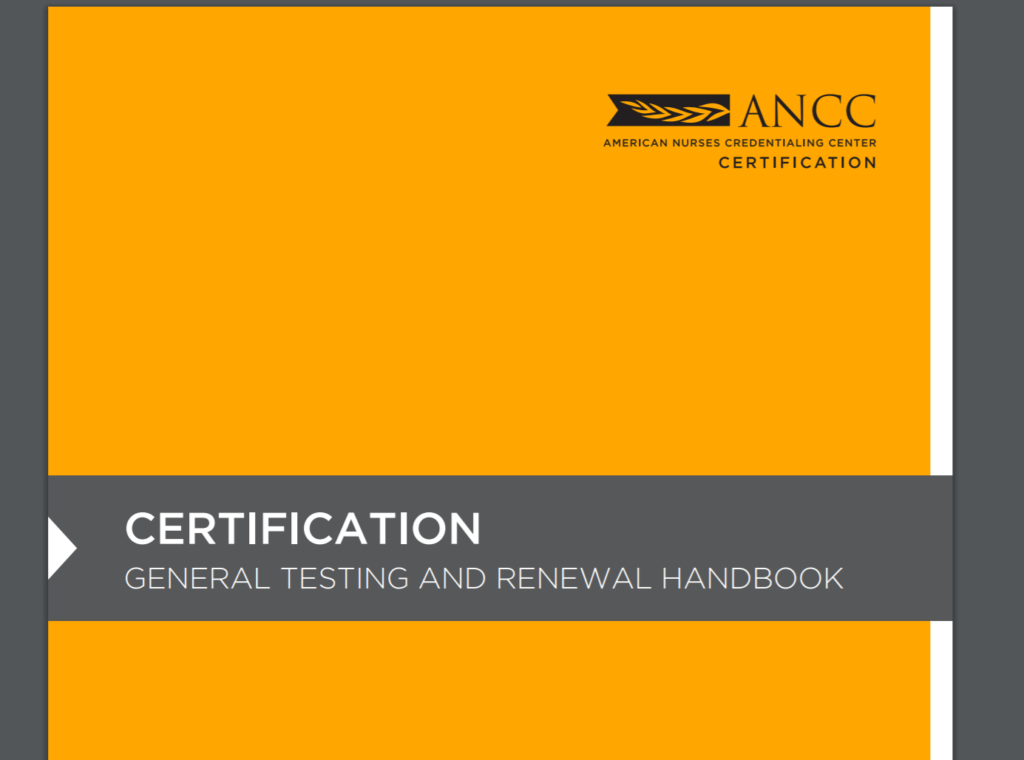I’m Considering Becoming a Nurse Manager … What Can I Expect?
A Nurse Manager holds a dynamic leadership position that’s crucial to the success of a unit, program, or department. Your primary role is to inspire and motivate staff to achieve high-quality professional and patient-centered outcomes. That means fostering a safe and healthy care environment for employees, patients and visitors. It also entails being a mentor, managing a budget, advocating for resources, serving as a change agent, hiring talented team members, and making workforce decisions. Unlike employees who can leave work behind when their shift ends, Nurse Managers typically have around-the-clock accountability for their areas. Approximately 70% of Nurse Managers are satisfied or highly satisfied with their jobs (source). The average salary of a Nurse Manager is $81,084 (source).
What qualifications do I need to become a Nurse Manager?
Most hospitals require at least 2 years (source) of clinical experience and bachelor’s preparation to apply for a Nurse Manager role; master’s preparation is often preferred. Professional certification, such as ANCC’s Nurse Executive (NE-BC) or Nurse Executive Advanced (NEA-BC), might also be an expectation within a certain timeframe after hire. So, set your professional bar high to be the best candidate for the job you want. Carefully review the role qualifications prior to applying for a Nurse Manager position to set yourself up for success.
How will my performance be measured as a Nurse Manager?
Your success as a Nurse Manager is linked to your team’s success. The saying, “There is no ‘I’ in team,” rings true. Your personal performance will be measured by outcomes related to how well you foster the health of your team and how your team functions in achieving patient care and organizational expectations.
What type of skills and competencies do I need to develop as a Nurse Manager?
You will need a highly diverse skill set. Your experience as a clinical nurse will give you insights and credibility that will help you make decisions. But you will also need to develop specific leadership competencies through continuing education and mentoring so that you can survive and thrive in your role. Flexibility is key. You’ll be expected to handle multiple and often competing priorities and expectations. You must balance administrative responsibilities while also connecting with your teams and patients. A Nurse Manager is the go-to person for answers to questions, guidance, coaching and mentorship. How you interact with people and how you handle challenges sets the tone for the rest of the team.
What professional development opportunities and resources are available to Nurse Managers?
As a Nurse Manager, learning is a continuous process. ANA makes it easy to find all the latest and most convenient professional development opportunities and resources available, so you can raise the bar on your own professional development plan and stay up to date.
What are my options for taking my Nurse Manager career to the next level?
For all Nurse Managers considering promotional opportunities, taking the next step on the career ladder leads to a much broader scope and requires developing advanced skills and competencies. Typical options for career progression in nursing leadership include roles such as director, associate vice president, chief nursing officer, or chief nursing executive.
















